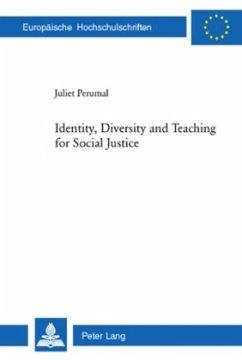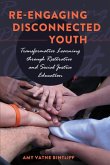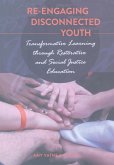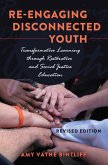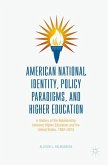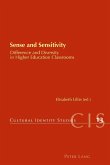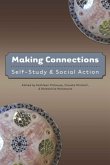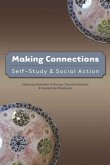In recent times, educational reformers have proposed ways of using education to reduce inequality, overcome discriminatory values and attitudes, and alleviate social problems. An increasing number of language theorists and practitioners contends that in order to reduce inequality it is essential to address the personal, cultural, and political implications of language teaching. Awareness of these factors activate the need to gain deeper insight into the personal and professional nuances of teachers' lives. The gap between sociolinguistic theory and educational practice points to the fact that linguists and educationists themselves carry the prejudices of particular social, ideological, cultural and geographical backgrounds. Who teaches what to whom, why and how affects curricular decisions which can thus become fraught with political allegiances; in this way the non-neutrality of language pedagogy is confirmed.
Drawing from a suite of data sources the book explores the following questions: Do teachers' autobiographical experiences shape their professional identities? Does subscription to counter-hegemonic ideologies impact teachers' personal and professional positionality and authority? What contributions can feminist theorising make to language teaching in socially diverse classrooms? Through an exploration of these questions, the book gestures towards an imperative to re-think educative and pedagogic relationships and the politics of difference and dialogue in demographically diverse classrooms that subscribe to social redress agendas.
Drawing from a suite of data sources the book explores the following questions: Do teachers' autobiographical experiences shape their professional identities? Does subscription to counter-hegemonic ideologies impact teachers' personal and professional positionality and authority? What contributions can feminist theorising make to language teaching in socially diverse classrooms? Through an exploration of these questions, the book gestures towards an imperative to re-think educative and pedagogic relationships and the politics of difference and dialogue in demographically diverse classrooms that subscribe to social redress agendas.
«Perumal's work is important and will prove useful to educational theory in many ways. Her work provides an illustration of education in apartheid and post-apartheid South Africa, is a case-book example of narrative research, offers a comprehensive analysis of feminist pedagogies and language teaching, and most importantly, raises issues about feminist pedagogy and authority in a way rarely done before.» (Vikki Pollard, Gender and Education)

